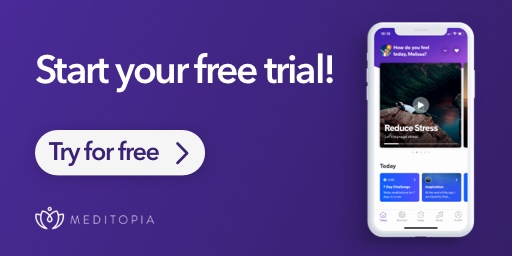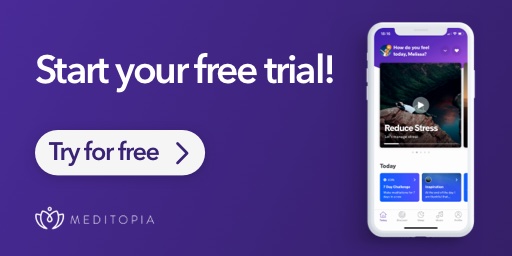Forgiveness as the Greatest Act of Self-Love
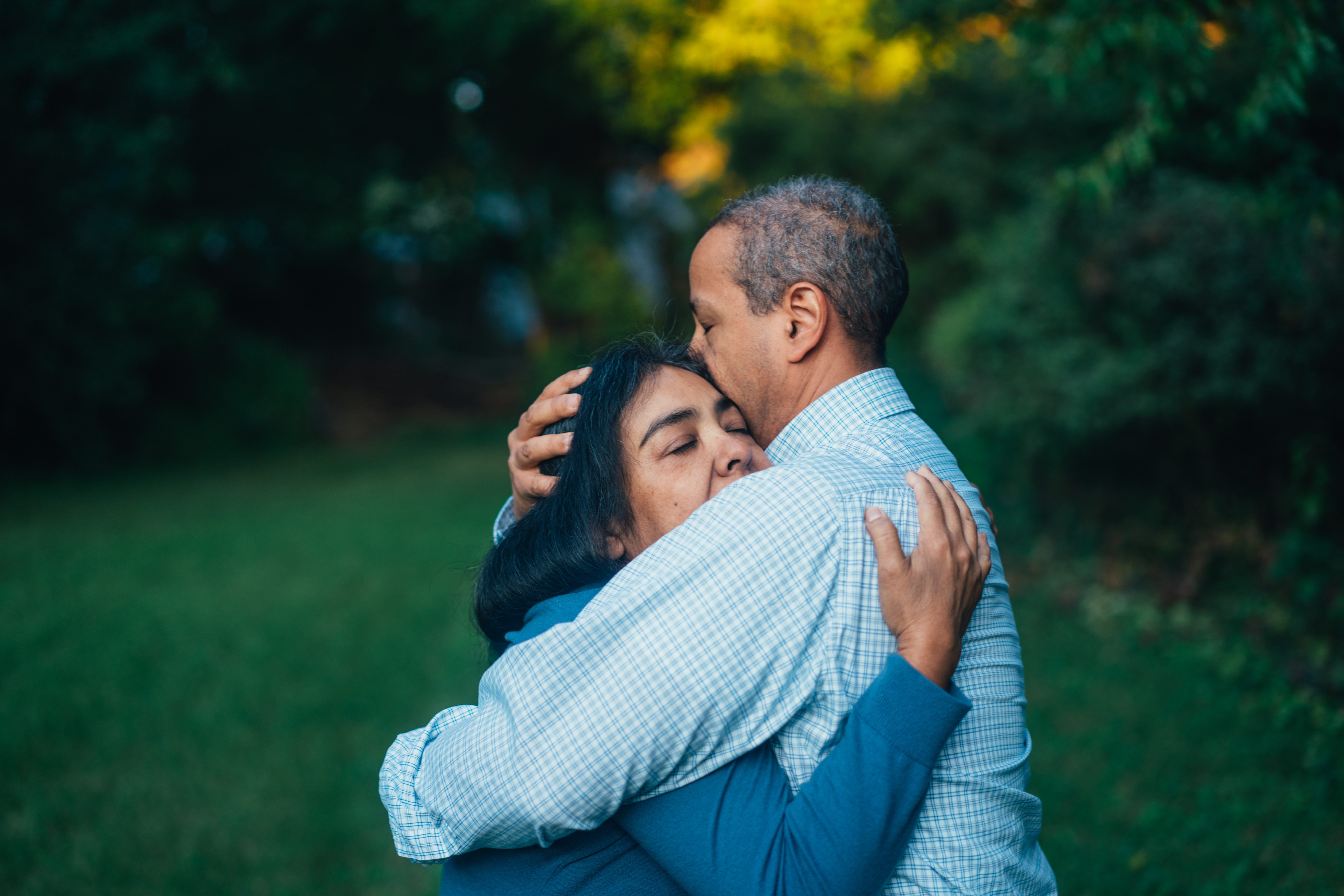
Contents
For the last few years, I’ve been devouring articles, books, videos, and seminars led by some of the most influential thought leaders and spiritual guides. The more I followed these inspiring individuals, the more I began to encounter one specific message:
The act of forgiveness has the power to heal you.
Time and time again, this theme repeatedly emerged from these lessons and the way it was presented was as one of the most powerful ways of inviting peace of mind, liberation, and compassion into our lives. It sounded so seductive and seemingly easy. And yet, as I began to observe myself and my loved ones around me, I realized that while this one act could be the gateway to leading a happier, and more fulfilling life, it was incredibly challenging to pull off.
However you may regard forgiveness, one thing we can all agree on is that it’s unlikely that any of us will go throughout our whole lives without hurting or being hurt by someone. If that’s true, it’s worth considering how forgiveness can play a role in our overall well-being, peace of mind, and ability to heal.
What is there to forgive?
First, let’s consider what comes before even needing to forgive others. Someone runs headfirst into one of your boundaries and triggers an emotion like anger, frustration, shame, or sadness. Think about the last time you felt these emotions; maybe it was something a colleague said to you, perhaps it was a friend who made a remark that hit you the wrong way or a family member whose actions have caused you pain. Whatever it is, the situation left you feeling disturbed, angry, sad, or betrayed.
Oftentimes, we in society have some certain universal understandings of what could be considered offensive, insulting, or hurtful. Behaviors like infidelity, physical or emotional abuse, dishonesty, or violence are accepted by most as a violation of respect and human integrity. Yet very quickly the boundaries and rules for what is considered offensive become a matter of personal perspective. In other words, what might easily offend me may be brushed off by another person. And what easily angers or frustrates another may be seen as harmless to me.
Throughout my research around the topic of forgiveness, I have continued to encounter the notion that identifying our own personal internal boundaries is not only essential to forgiveness, but can help us acknowledge past experiences that contributed to the formation of those boundaries. In other words, the moments when we feel offended or disrespected can serve as opportunities to pause and learn. In this way, rather than react to those instances with judgement, blame, or shame, we can embrace the notion that the discomfort we feel when someone crosses our personal boundaries is actually an opportunity to learn something about ourselves. When these situations arise, there are some questions we can ask ourselves when we feel personally wronged:
- Why did this happen?
- How did I allow for someone to treat me this way?
- How have I continued to make it acceptable for someone to treat me this way?
- What is this person mirroring back to me?
- How can this experience serve me?

Turning Pain and Discomfort into Self-Awareness and Growth
These instances can also be an opportunity for the person who offended you to learn something about themselves and evolve. It’s most likely that either this person has done something they didn’t realize would hurt you or acted from a place of their own pain and sadness. Just as the old adage states, “hurt people hurt people.” Taking this into consideration, this mutual learning fits into the idea that we all have soul contracts with each person we meet and interact with. Part of this soul contract is that each of us is in each other’s lives to teach the other person something they need to learn or heal in order to ascend towards enlightenment.
To give a practical example, think about a problem or issue you have repeatedly experienced with people throughout your life. It may be that you always seem to befriend people who put you down, or perhaps you find that there have been many instances where you’ve struggled to apologize for your mistakes, even when you knew you were wrong. Each of us have certain patterns of behavior that we attract and allow into our lives because we haven’t learned how to overcome or evolve past that behavior. Therefore, until we learn whatever lessons those experiences offer, we will continue to encounter them over and over again in different relationships.
Take a moment to think about any repeated emotional challenges you have faced over the last few years with different people, in different situations. Let’s then pause to consider that if it’s those repeated instances of sadness, frustration, and shame that make up the majority of negative feelings in our lives, wouldn’t it be worth trying to learn from those experiences and evolve past them? I know for me personally if I realized that I could begin to slowly eliminate the biggest sources of grief and misery in my life, I would be more inclined to lean into the discomfort of tackling those lessons head on.
Don’t forgive just to forgive, forgive to heal.
There’s a hitch though. Once we get into the habit of pausing and learning from the instances that cause us distress, we can’t just jump right to forgiveness. The journey of forgiveness can be incredibly painful and uncomfortable, so oftentimes rather than have the uncomfortable conversation, we instead simply jump to the part where one person says “I’m sorry” and the other person replies “It’s okay, I forgive you.” Yeah—we’ve all tried out that card. The problem with that tactic is that it simply doesn’t heal or resolve anything.
This habit is reinforced by many cultural and religious traditions that encourage and even mandate forgiveness as a means of measuring our “goodness”. It also feeds into the idea that we can get instant gratification and reward for an action we take. Yet, just like most transformations, there’s no quick ‘forgiveness pill’ that will work overnight. Forgiveness when forced or feigned is not only meaningless, but can be even more harmful to a relationship. Now not only do you have the negative emotions from the initial situation, you have a layer of dishonesty and inauthenticity to top it off.
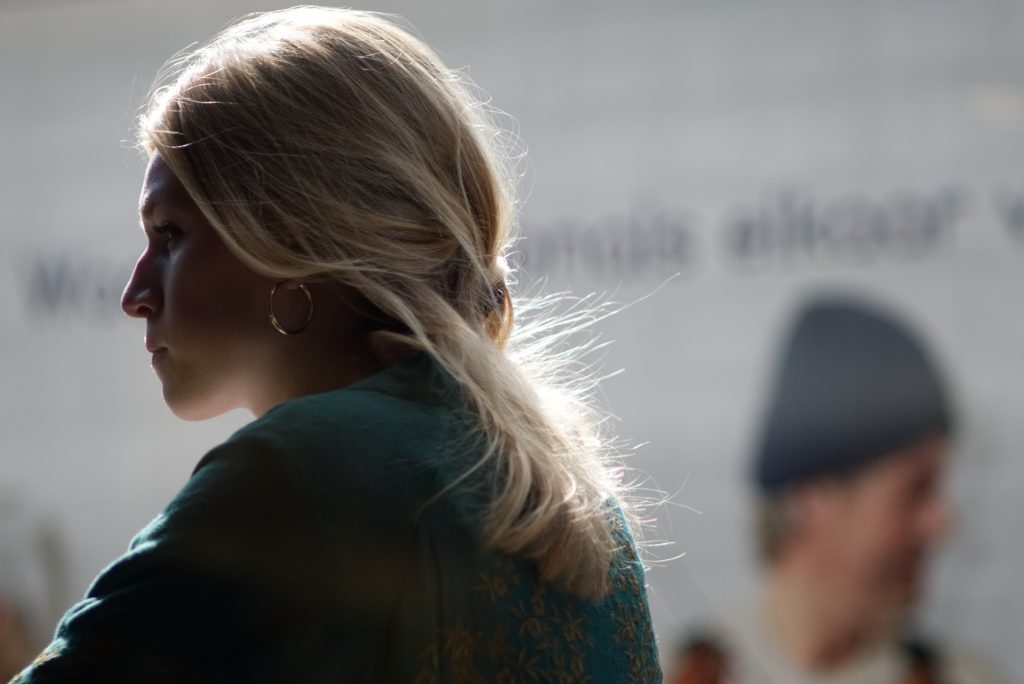
Nevertheless, many of us have tried this tactic only to find that we still feel a knot in our chests; we still cannot stop thinking about the situation, and continue to relive it over and over again. Over time, the violation or betrayal only grows bigger and more toxic in our minds as we continue to suppress and avoid it.
This is a form of emotional self-abuse that not only detracts from the joy of the present moment, but oftentimes is projected onto those around you. And when we project our pain and hurt onto others, we are essentially doing the same thing as those who have hurt us in the past, acting out of their own place of pain. This cycle of projecting our pain onto others can only be stopped when we muster the courage to be vulnerable and choose to cultivate within ourselves empathy and compassion rather than contempt and shame.
Empathy and Compassion as tools for forgiveness
So let’s be clear. You cannot experience the full healing power of forgiveness without acknowledging and working through the emotions and feelings you are experiencing. And the two emotional tools we must nurture in order to work through those feelings with an intention to heal are compassion and empathy—with others and ourselves. When we acknowledge that all humans, including ourselves, are fallible and that we are all influenced and guided by our own life experiences, we’re able to see ourselves and others with more compassion.
Just as we have made mistakes, hurt others, or made the wrong decisions based on our emotional maturity and life experience at the time, others have also made mistakes based on what they knew at the time. Oftentimes, really internalizing this fact requires us to set our ego aside and think from another person’s perspective. It’s normal that this won’t happen immediately. Yet with mindfulness and a kind patience, over time we can understand that another’s actions had less to do with hurting us and more to do with reflecting their own emotional immaturity.
That being said, compassion and boundaries are not mutually exclusive. You can still have compassion for the pain and life experiences that led to someone hurting you, while still choosing not to have them in your life or allowing them to repeat that behavior with you. Having compassion or empathy for someone who has hurt you also does not exonerate them or mean that they are not held accountable. Yet withholding empathy and forgiveness as a means of punishing another person for how they have wronged you will only sow seeds of contempt and toxicity within your own energy. This toxicity, as we mentioned before, will then come out in how you act and behave towards others.
Forgiveness as a liberating form of self-love
Like anything worth learning and achieving, forgiveness takes a grueling amount of self-awareness, mindfulness, and self-love. There’s no promise that it’s easy to do, yet there is the guarantee that when done it will provide you with the greatest sense of peace, love, and acceptance.
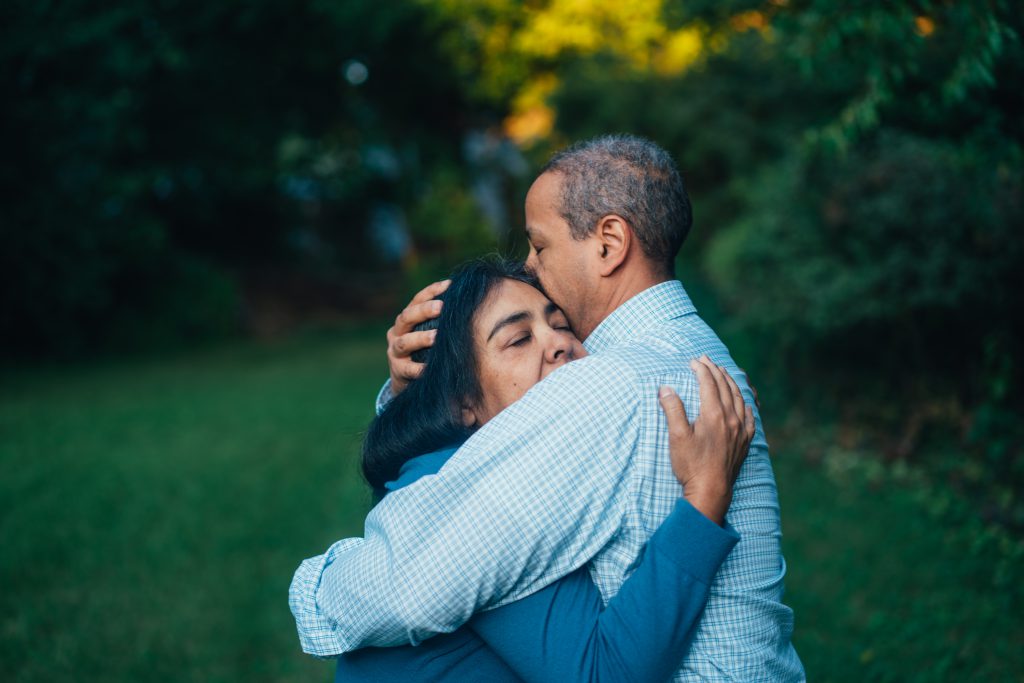
As we discussed in this article, the moments that warrant forgiveness from us can be seen as opportunities to learn more about our boundaries and triggers. These uncomfortable moments set the stage for us to evolve past the needs and wants of our egos and transcend beyond limiting self-beliefs and patterns of thoughts. Because when you love and respect yourself fully, you will always have the courage to kindly assert your boundaries with compassion.
Forgiveness can prevent us from acting out against others from a place of unhealed pain within ourselves. All of the negative energy you harbor within yourself will be released, rather than projected onto those around you.
Finally, forgiveness can help you cast off the shackles of a story you have continued to define yourself by. In most cases, these are stories of past adversity and wrongdoings in your life that you continue to allow to drive your decisions and behaviors in the present moment. All the while, we don’t acknowledge that when we allow those stories to be present in who we are today, we are giving them power. Forgiveness allows you to essentially download the lesson any experience presents you, release the emotions and feelings that do not serve you and continue forward in your life.
Yet, the first step we must take on the path to forgiveness is to love ourselves enough to release ourselves from this burden.
And now, I’d like to hear from you in the comment section below. What have been your biggest struggles with forgiving others who have hurt you or with forgiving yourself for past wrongdoings? What do you tell yourself about the idea of forgiving?


